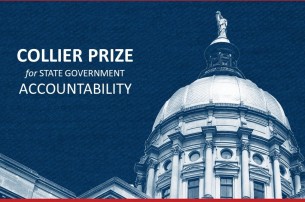Study: An Investigation of a Russian Disinformation Ad Campaign Targeting the 2016 Presidential Election
An examination of Facebook ads created by Russia’s Internet Research Agency (IRA) disinformation campaign targeting the 2016 U.S. presidential election unearthed the relationship between ad engagement and the features relating to the ads’ metadata, psychological meaning, and sentiment.
The findings by Juliana Fernandes, University of Florida College of Journalism and Communications Advertising assistant professor, and UF colleagues Mirela Silva, Luiz Giovanini, Daniela Oliveira and Catia Silva were featured in “What Makes Disinformation Ads Engaging?” A Case Study of Facebook Ads from the Russian Active Measures Campaign” published in the Journal of Interactive Advertising on Feb. 21.
In the article, the authors report on their examination of 3,517 Facebook ads created by IRA between June 2015 and August 2017. They used a unique data set, released by the U.S. House of Representatives Select Committee on Intelligence, to study the ad features that were more likely to lead to engagement with disinformation ads.
According to the authors, “Due to the large number of features examined in the study, we present a summary of findings based on four categories: investment features, caption length, sentiment and subjectivity, and psycholinguistic features.”
They add, “Understanding what makes for high engagement in disinformation ads paves the way for countermeasures in several respects. Future research can evolve social media labels and potentially expose deceptive cues in posts from suspicious or biased accounts to better inform users.”
Posted: February 24, 2023
Category: College News
Tagged as: Juliana Fernandes


